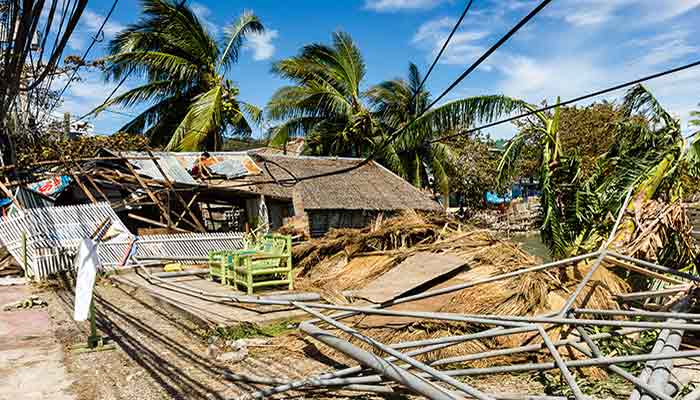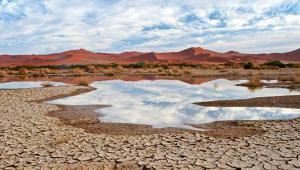web-cyclone_shutterstock_162222851.jpg

Cyclone damage
Cyclone Winston’s 177mph winds, heavy rains and tidal surges have killed at least 18 people and caused mass destruction, especially on Fiji’s far-flung islands where delivering emergency supplies is more difficult.
“There are Fijians who are without water, without a roof over their heads, without food and without essential services,” said Fiji’s prime minister Frank Bainimarama.
He stated the government now had to determine people’s needs and provide them with support as soon as possible, and urged for a coordinated humanitarian response, free from duplication and wastage of available resources.
While the government has mobilised disaster and medical teams, the police, other forms of institutional help, it said more resources are urgently needed and that it had established bank accounts to receive financial donations from both domestic and international sources.
In particular, the government called on the private sector to provide relief items such as food, water, building materials, clothes, tents or bedding, provide transport to affected areas, or donate.
A 30-day state of natural disaster has been put in place, giving police extraordinary powers, but a curfew that had been imposed on Saturday evening has now been lifted.
The International Committee of the Red Cross has deployed emergency response teams, begun distributing relief and is releasing funds from its emergency disaster response fund. The World Bank and Unicef have also announced they are ready to provide emergency support.
Communication with communities living on Fiji’s harder-hit outer islands has been limited or not possible, so little is known yet about the status of populations and their property.
But Alice Clements, a Unicef Pacific communications specialist in Fiji’s relatively unharmed capital city Suva, said the amount of destruction to livelihoods, infrastructure and homes in such disasters is “just immense”.
She said: “If we are talking about a worst-case scenario, in addition to injuries and loss of life, you have a situation where peoples’ entire lives, top to bottom, have been turned upside down.”













